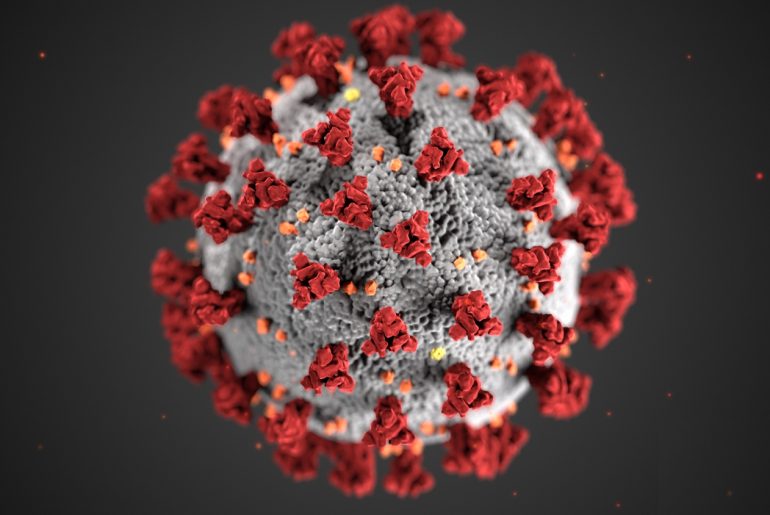The recent spike in coronavirus cases in parts of Asia has again impacted frozen food product sales, both positively and negatively. Consumers in Taiwan have snapped up frozen dumplings, pizza and other convenience foods in large number during the past week, as the government there has limited public gatherings outdoors and imposed strict restrictions including the shutdown of cinemas entertainment venues until May 28.
This action comes after 207 new infections were reported on May 16, which has alarmed residents on the 23.6 million-population island. Up until now Taiwan has been relatively safe from the health crisis calamity caused by SARS-CoV-2 transmission from mainland China, while lies approximately 100 miles (161 kilometers) across the strait. Thus far less than 1,700 infections and only 12 Covid-related deaths have been identified in Taiwan.
The Taipei-based Council of Agriculture on May 17 assured the public that there are ample supplies of seafood and other foodstuffs on hand to feed the population for at least half a year without need for replenishment. Stocks of fishery products are in excess of 23,000 tons of tuna, salmon, shark, Pacific saucy, squid and others species.
PRC Wary of Imports from India
Meanwhile in India, which has been hit hard by a second wave of the debilitating pandemic, exporters of frozen marine products to the PRC are confronting resistance from buyers in the PRC who are concerned about the risk of potentially dealing with virus-tainted packaging material. Such fear remains even after a report issued by the World Health Organization (WHO) on March 29 concluded that it is highly unlikely that frozen food imports or packaging were connected to the Covid-19 outbreak in Wuhan, China late in 1999 that became a pandemic attributed to the deaths and sicknesses of millions of people around the globe.
As previously reported by FrozenFoodsBiz.com, page 118 of the 120-page WHO document states:
“There is no conclusive evidence for foodborne transmission of SARS-CoV-2 and the probability of a cold chain contamination with the virus from a reservoir is very low. While there is some evidence for possible reintroduction of SARS-CoV-2 through handling of imported contaminated frozen products in China since the initial pandemic wave, this would be extraordinary in 2019 where the virus was not widely circulating. Industrial food production has high levels of hygiene criteria and is regularly audited. Most viruses have been found in 2020 in low concentrations and are not amplified on cold chain products. It is not clear what the infection route would be (possibly oral, touch, or aerosol). There is no evidence of infection in any of the animals tested following the Wuhan outbreak. Risk assessments have concluded that the risk of foodborne transmission of SARS-CoV-2 through these known transmission pathways is very low in comparison with respiratory transmission.”
China Tightens Frozen Food Inspections
Meanwhile, the Global Times has reported in recent days that authorities in a number of mainland China cities are heightening supervision of imported frozen food to “stem the spread of Covid-19.”
According to the Communist Party newspaper: “In Hefei, East China’s Anhui Province, where several coronavirus cases were confirmed recently, local officials have set up nine warehouses to monitor and inspect imported cold chain food…Rizhao, in East China’s Shangdong Province, has also announced strict steps to strengthen the supervision of imported cold chain food to prevent virus transmission.”
The new measures were implemented after coronavirus was allegedly detected on the outer packaging of three seafood samples during a routine inspection of imported frozen food in Rizhao.”





